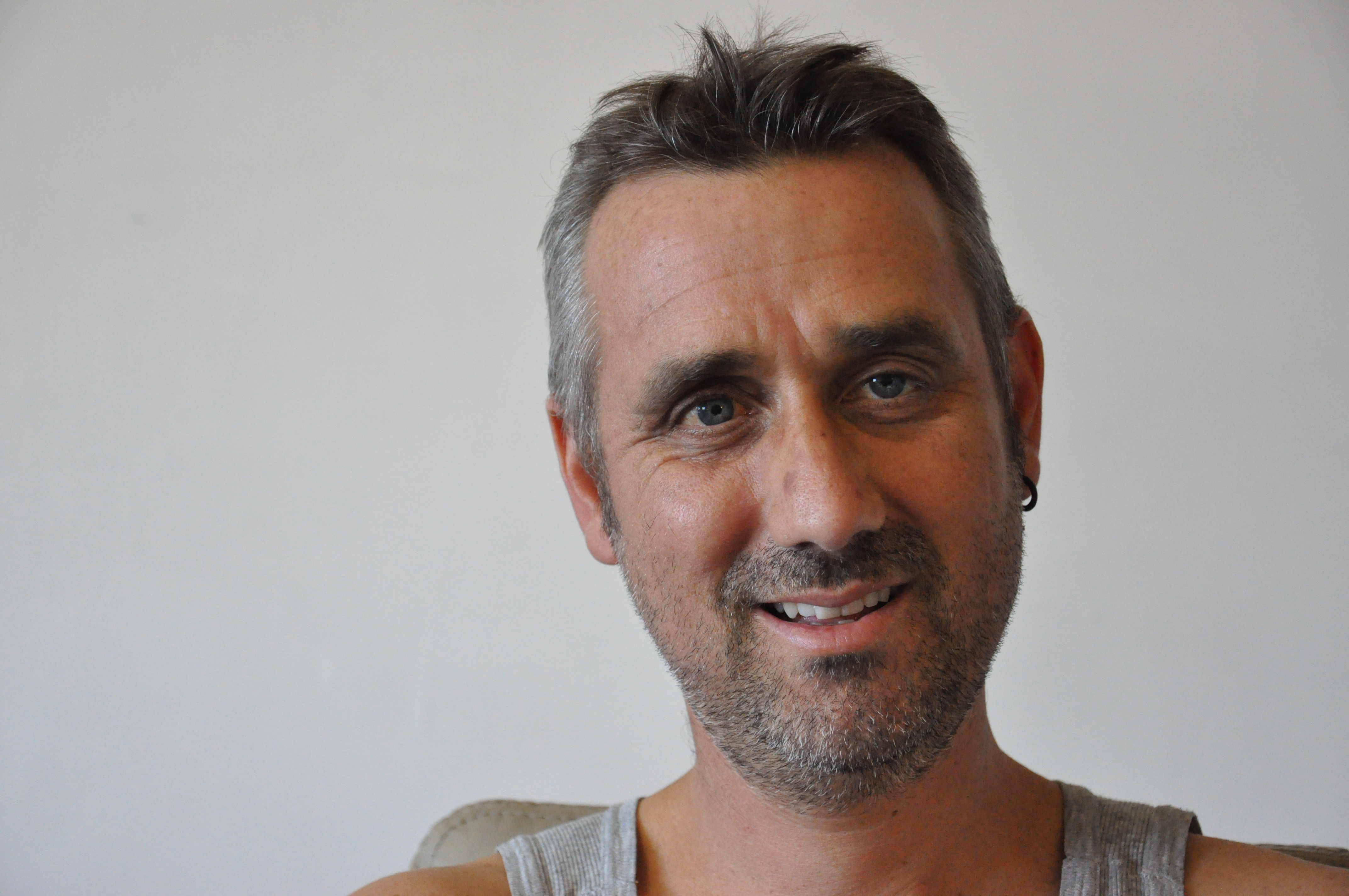Here’s a question: if you knew that airport officials were going to be assessing you based on what you post on social media, would you think twice about what you posted?
Might you refrain from posting photos of that time you got embarrassingly drunk at the staff party, or decide against sharing music videos from anti-establishment bands like Rage Against The Machine in your Facebook feed?
Might you even consider deleting your social media accounts all together?
In a move starting this month that has been described by some as mirroring the dystopian ‘surveillance capitalism’ of science fiction novels such as ‘Brave New World’ and ‘1984’, if you want to visit the USA, you will be required to provide customs officials details of your social media accounts for the past five years.
Under the new US State Department policy, which took effect on June 1, travellers may also be asked to provide any past email addresses or phone numbers to officials. The changes represent a sharp stepping-up of President Donald Trump’s 2017 measures instructing the Department of Homeland Security to enact regulations calling for the surveillance of social media use of all immigrants into the United States.
At present, Australians travelling to the US must complete the Electronic System for Travel Authorization (ESTA), which, prior to June 1, gave the option of listing our social media accounts. This has now become compulsory.
The changes will affect almost 15 million people who travel to the US every year from abroad.
Although the US says these changes are intended to boost national security by tracking the behaviours of people entering the country, the move opens up some murky civil liberties questions. There have already been reports that American border officials have demanded the passwords for travellers’ accounts, as well as listing all the countries you have visited in the past 15 years.
The tough new rules, which Trump has called ‘extreme vetting’ procedures, set a dangerous new precedent and might have the effect of putting some people off travelling completely — or, at the very least, drive many people to social media self-censorship. Anyone caught lying about their social media use could face serious immigration consequences.
The threat of racial profiling is clearly a real and present danger — particularly in the context of these new extreme vetting rules coming out of Donald Trump’s plan for a Muslim travel ban (which was stalled in the courts because it was blatantly discriminatory and eventually watered down before passing through the US courts).
We only need to consider the case of Australia’s most prominent female Muslim activist, Yassmin Abdel-Magied, an award-winning author and broadcaster, who was denied entry to the United States in April last year. The reason given for her being returned to London, where she was living, was that she had violated her visitor’s visa as she was going to be paid to speak at a writers’ conference in New York. Many asked if she would have received the same treatment had she not been a female Muslim activist.

The problem with such laws is that they seem to allow way too broad a margin of subjectivity on the part of border officials, in effect giving officials the grounds to deny entry or deport anyone they don’t like.
Extreme vetting laws allow such a degree of discretion that they have the power to refuse you entry based on innocuous social media posts. For example, if a border official decides they don’t like your taste in gangster rap or heavy metal, how do we know that these can’t become grounds for expelling people?
There is also a serious concern that some of us might innocently forget or make mistakes about recalling such detailed information as our past social media accounts and be deported or denied entry for it. After all, who can remember all their previous social media passwords for the past five years? Human error could be misconstrued as lying, which could create some seriously uncomfortable scenarios for future travellers.
The bigger point here is that the things we post on social media are often meant to remain in the context of the ‘social’. They are normally posted purely to entertain, amuse or inform our social contacts. But when governments start using them to exercise ‘hard power’ and for surveillance purposes, we should all be worried.
The incursion into our social media space by foreign governments was once the stuff of dystopian science fiction, but in 2019 it is fast becoming the new reality. Just remember — when it comes to social media surveillance, Big Brother is not your friend.

